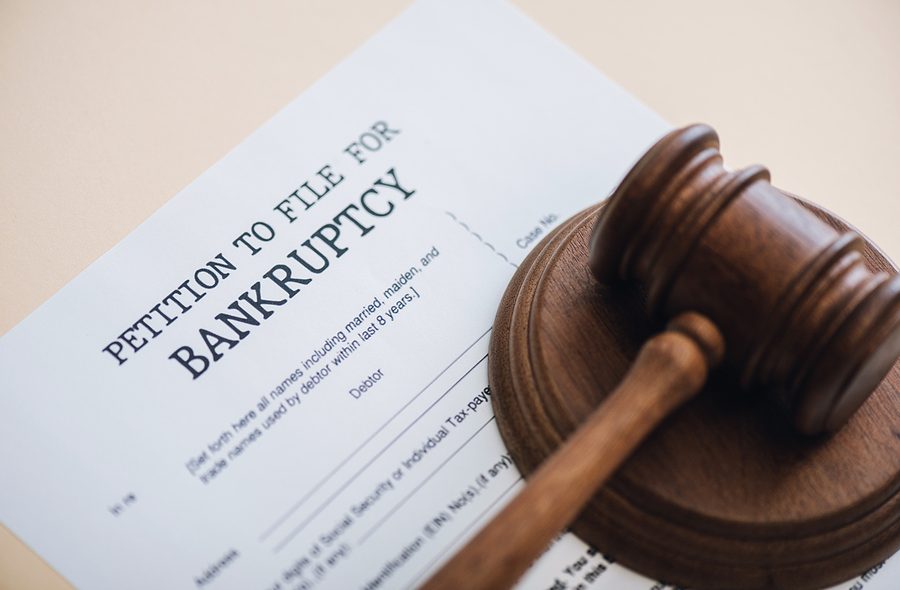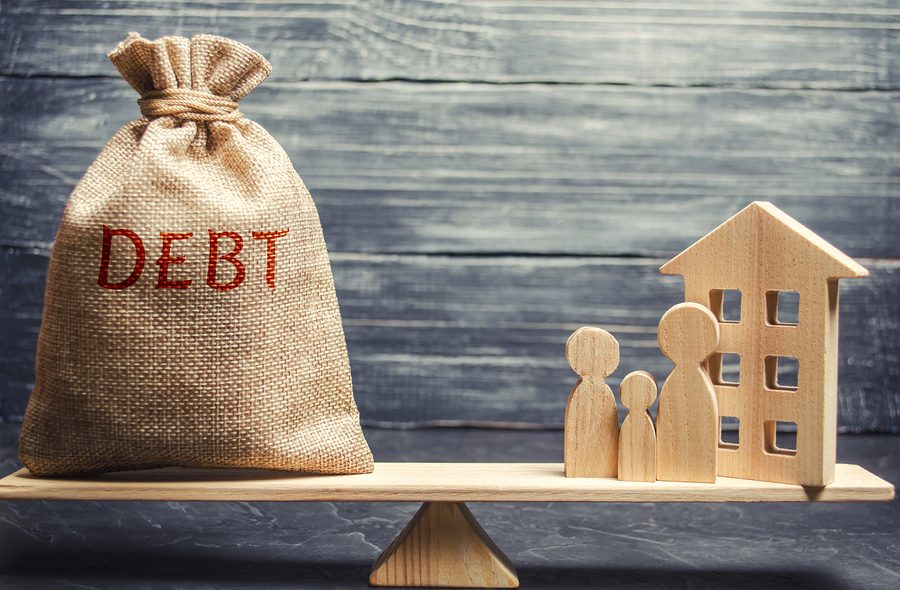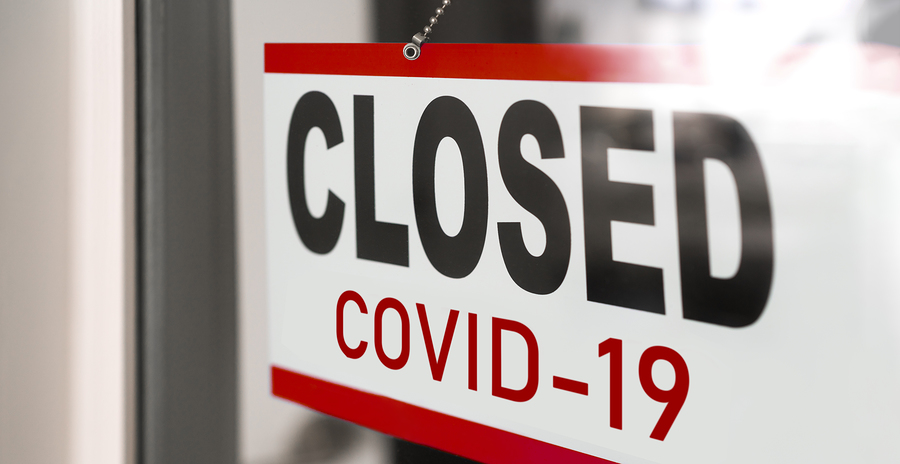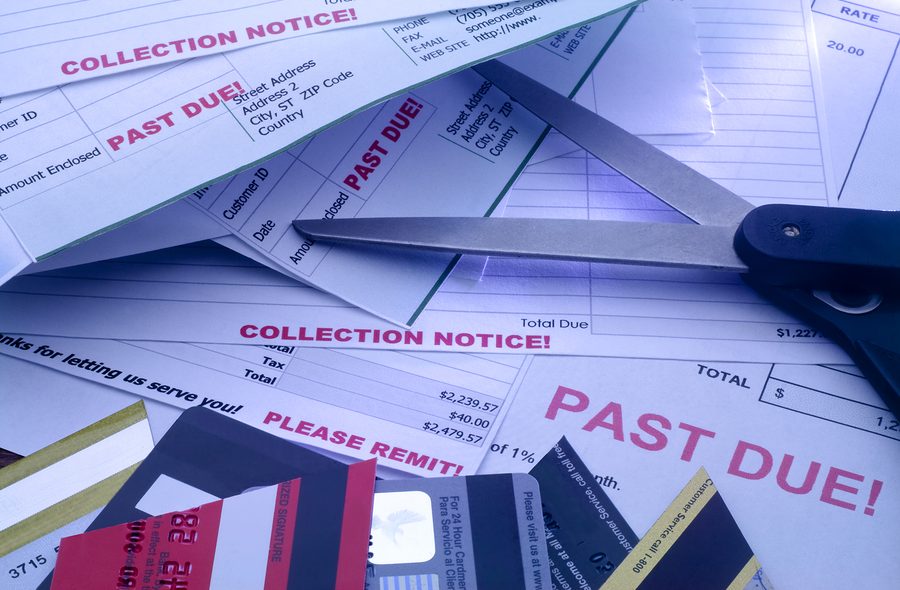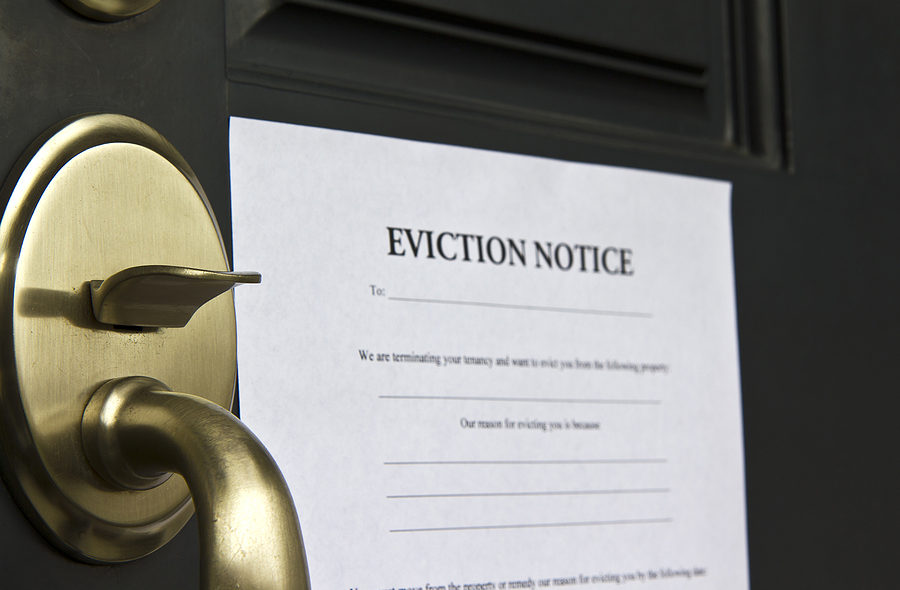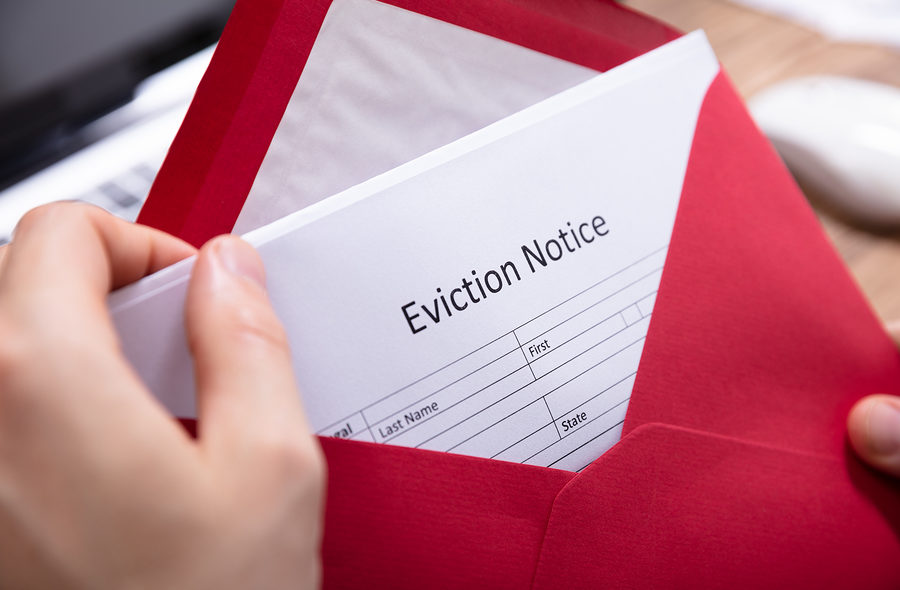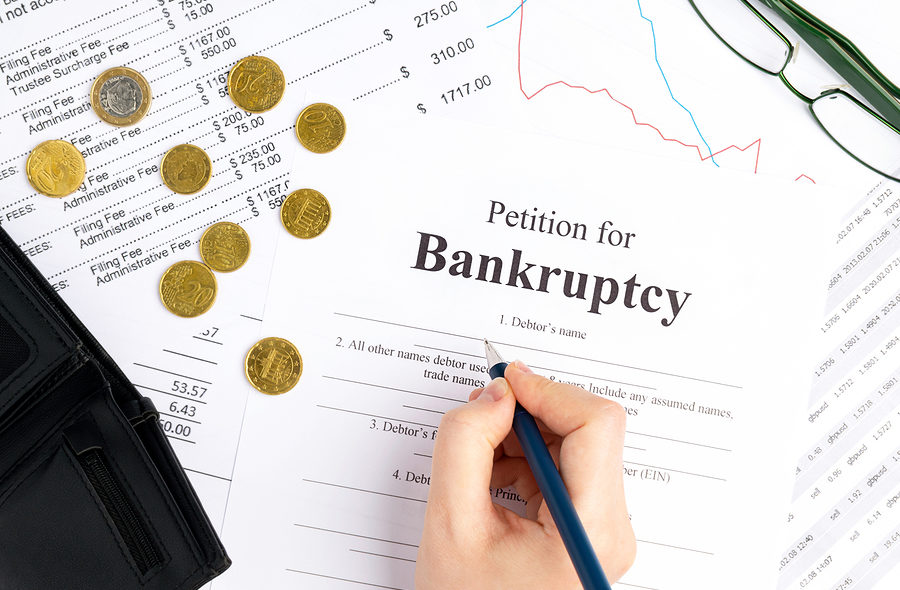Shortly after being sworn in as the nation’s 46th president, Joe Biden signed several executive orders. One of these signed orders included extending the ban on evictions and foreclosures for individuals affected by the COVID-19 crisis.
This new order extends the Centers for Disease Control and Prevention’s (CDC) moratorium that was set to expire on January 31, 2021. The CDC’s order first went into effect in September 2020. This new executive order extends the ban for at least an additional two months past the expiration date.


